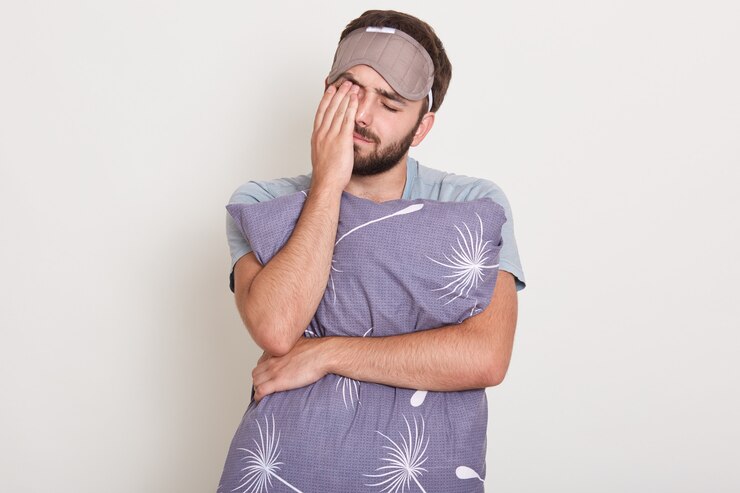Sleep apnea is a common sleep disorder characterized by pauses in breathing or shallow breaths during sleep. These pauses can last for a few seconds to minutes and may occur multiple times throughout the night, disrupting sleep patterns and leading to various health complications. Fortunately, there are several effective treatments available for sleep apnea that can help alleviate symptoms and improve sleep quality. In this blog post, we'll explore these treatments and how they can help individuals with sleep apnea achieve a restful night's sleep.
- Continuous Positive Airway Pressure (CPAP) Therapy: Continuous Positive Airway Pressure (CPAP) therapy is the most widely used and effective treatment for obstructive sleep apnea (OSA). It involves wearing a mask connected to a machine that delivers a continuous stream of air to keep the airway open during sleep. CPAP therapy helps prevent breathing pauses and snoring, allowing individuals to breathe more easily and enjoy uninterrupted sleep.
- Bi-level Positive Airway Pressure (BiPAP) Therapy: Bi-level Positive Airway Pressure (BiPAP) therapy is similar to CPAP therapy but delivers two levels of air pressure: a higher pressure when inhaling and a lower pressure when exhaling. This makes BiPAP therapy more comfortable for some individuals who find CPAP therapy difficult to tolerate. BiPAP therapy is often recommended for individuals with certain medical conditions or who have difficulty exhaling against continuous pressure.
- Oral Appliance Therapy: Oral appliance therapy involves wearing a custom-fitted dental device during sleep to help keep the airway open. These devices, also known as mandibular advancement devices (MADs) or tongue-retaining devices (TRDs), work by repositioning the lower jaw or tongue to prevent airway obstruction. Oral appliances are typically prescribed for individuals with mild to moderate sleep apnea or who cannot tolerate CPAP therapy.
- Lifestyle Changes: Making certain lifestyle changes can also help alleviate symptoms of sleep apnea and improve sleep quality. These changes may include:
-Maintaining a healthy weight: Obesity is a significant risk factor for sleep apnea, so losing weight through diet and exercise can help reduce symptoms.
-Avoiding alcohol and sedatives: Alcohol and sedatives can relax the muscles in the throat, making airway obstruction more likely. Limiting or avoiding these substances before bedtime can help prevent sleep apnea episodes.
- Sleeping on your side: Sleeping on your back can increase the risk of airway obstruction, so sleeping on your side may help reduce symptoms of sleep apnea.
- Surgery: In some cases, surgery may be recommended to treat sleep apnea, particularly if other treatments have been ineffective or if there is a structural issue contributing to airway obstruction. Surgical options for sleep apnea may include:
- Uvulopalatopharyngoplasty (UPPP): This procedure involves removing excess tissue from the throat to widen the airway.
- Mandibular advancement surgery: This surgery repositions the jaw to enlarge the airway and prevent obstruction.
- Nasal surgery: Surgery to correct nasal abnormalities, such as a deviated septum, can help improve airflow through the nose and reduce symptoms of sleep apnea.
Sleep apnea is a serious sleep disorder that can have significant implications for health and well-being if left untreated. Fortunately, there are several effective treatments available that can help individuals with sleep apnea achieve a restful night's sleep and improve their overall quality of life. From CPAP therapy and oral appliances to lifestyle changes and surgical options, there are treatment options to suit a variety of needs and preferences. If you suspect you may have sleep apnea, it's essential to consult with a healthcare professional for an accurate diagnosis and personalized treatment plan.

